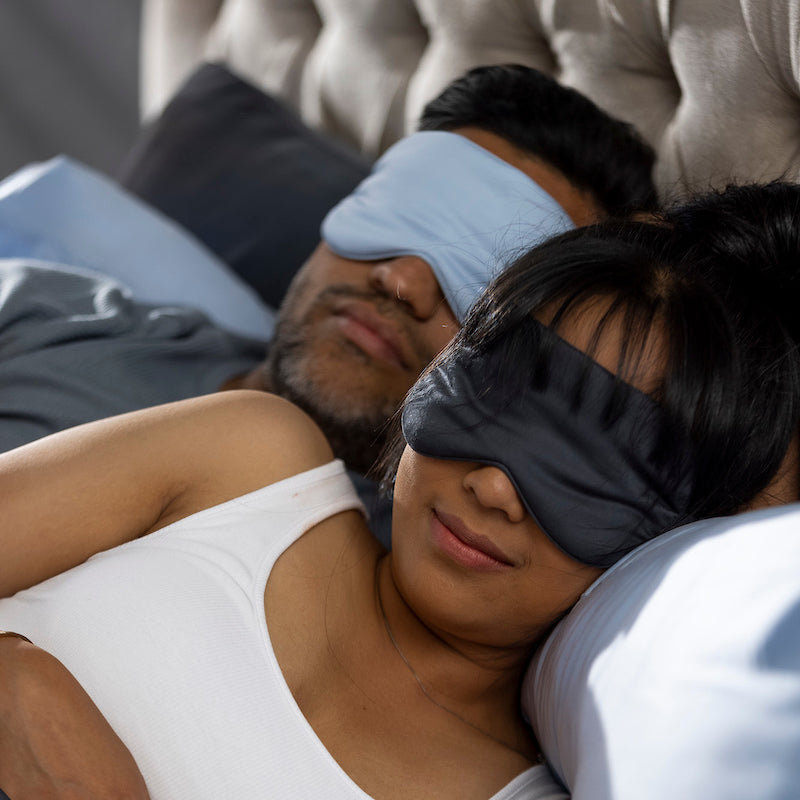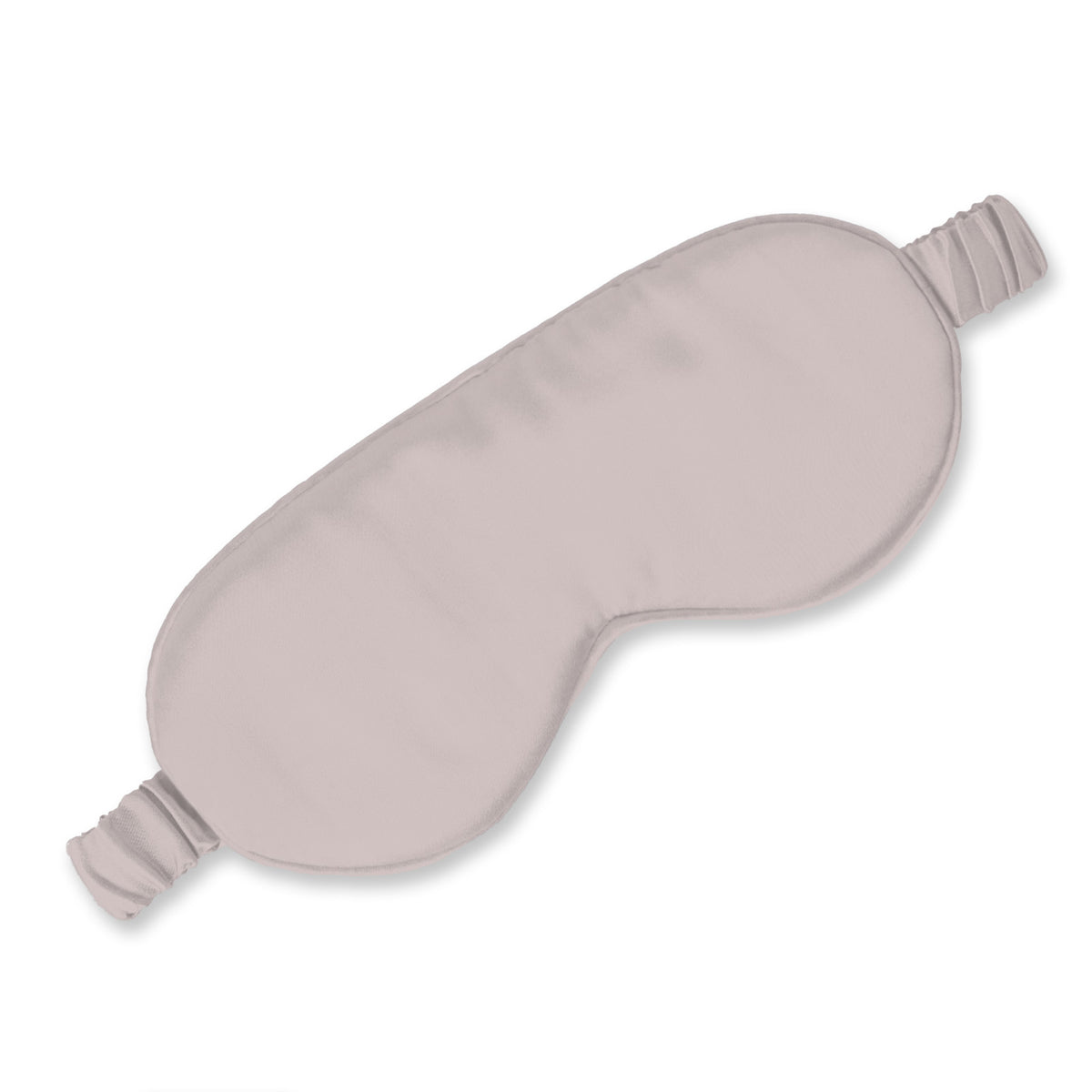Waking up drenched in sweat can be frustrating, uncomfortable, and even worrying. If you’ve experienced night sweats in men, you’re not alone. While occasional perspiration at night can be normal, persistent or intense episodes — sometimes referred to as diaphoretic episodes — may point to an underlying cause.
This guide explores five common reasons behind night sweats in men and offers five practical, science-backed tips to help you sleep cooler, drier, and more comfortably.
What Are Night Sweats?
Night sweats (sometimes called sleep hyperhidrosis) are episodes of excessive sweating during sleep that aren’t caused by a warm bedroom or heavy bedding.
In men, they can be linked to hormonal changes, stress, or certain medical conditions, and in some cases may feel similar to hot flashes.
If you’ve ever wondered whether men can get hot flashes or when night sweats might be something to worry about, the answer usually depends on identifying what’s triggering them in the first place.
Common Causes of Night Sweats in Men
1. Stress and Anxiety
Anxiety and night sweats often show up together. When stress hormones put your body into a “fight or flight” state, your temperature control can go haywire, leading to excessive sweating at night, even if your bedroom is cool.
Yes, stress can cause night sweats, especially when it’s ongoing. Building a calming evening routine with mindfulness, gentle movement, or therapy can help break the cycle.
2. Gastroesophageal Reflux Disease (GERD)
GERD and night sweats are more connected than many realize. Acid reflux can trigger discomfort and nocturnal sweating.
Avoiding late-night meals, elevating your head during sleep, and limiting spicy foods or alcohol consumption can help.
3. Hyperhidrosis
If your body produces sweat beyond its cooling needs, you may have hyperhidrosis - a condition that can be primary (unrelated to other health issues) or secondary to illnesses like diabetes. In some cases, this “sweating sickness” may persist into the night.
4. Medications
Certain prescriptions including antidepressants, hormone therapies, and diabetes medications list night sweats as a side effect. If you suspect medication is causing your symptoms, consult your healthcare provider about alternatives.
5. Sleep Apnea
Men with sleep apnea may wake up with night sweats due to repeated breathing interruptions. Risk factors include age, weight, and airway structure.
Symptoms like loud snoring or daytime fatigue should be evaluated by a doctor.
Less Common Causes
-
Low Testosterone: Hormonal shifts can lead to low testosterone night sweats, fatigue, and male menopause sweating.
-
Hyperthyroidism: Overactive thyroid function can increase metabolism and sweating.
-
Infections: Conditions like tuberculosis, HIV/AIDS, or bacterial infections may cause night sweats, fever, and weight loss.
-
Cancer: While rare, certain cancers , such as lymphoma, can cause night sweats. If you’ve ever wondered whether night sweats might be a sign of cancer, doctors often look for other symptoms too, like a persistent fever, unexplained weight loss, or swollen lymph nodes.
When to Seek Medical Help
See your doctor if night sweats are:
-
Frequent and severe enough to soak bedding
-
Accompanied by unexplained weight loss, fever, or fatigue
-
Associated with male hot flashes symptoms of cancer or other new health changes
5 Practical Tips to Reduce Night Sweats
1. Cool Your Sleep Space
Keep your bedroom at 16–19°C (60–67°F) and use breathable bedding to improve comfort and airflow.
Many people find switching to soft, moisture-wicking eucalyptus sheets can make a surprising difference in temperature regulation.
2. Dress Light
Opt for moisture-wicking sleepwear to avoid trapping heat. If you’re still waking up uncomfortably warm, consider layering your bedding strategically.
These are tips that align well with staying cool at night for hot sleepers.
3. Manage Stress
Evening meditation, reading, or breathing exercises can help break the cycle of anxiety and night sweats.
4. Adjust Diet
Limit alcohol consumption, spicy foods, and heavy late-night meals. If certain foods make your nights warmer, you might find extra comfort by following practical cooling sheet tips for night sweats.
5. Consult a Professional
If you’re unsure what causes hot flashes in men or suspect a hormonal imbalance, medical guidance is key.
Final Thoughts
No matter if your night sweats stem from low testosterone, certain medications, or simply a too-warm bedroom, small changes can make a big difference.
Creating a cooler sleep space, adjusting daily habits, and getting checked by a doctor when needed can all help you rest more comfortably and wake feeling fresher.
Sleep Cooler, Sleep Better
If night sweats are keeping you up, your bedding can make a bigger difference than you might think. Our Tencel™ eucalyptus bedding collection is designed to stay breathable, wick away moisture, and feel luxuriously soft, helping you maintain a comfortable temperature all night long.













